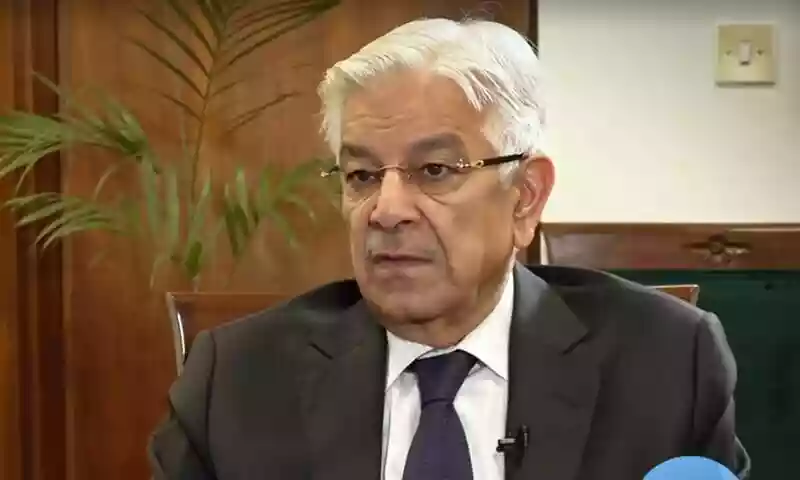Taaza TV Exclusive: Samik Bhattacharya says "BJP won't repeat 2021 mistakes" | Watch
.gif)
.gif)

A day after the horrific terrorist attack in Jammu and Kashmir’s Pahalgam that left 26 people dead, Pakistan has denied any involvement and instead turned the blame on India. On Wednesday, Pakistan's Defence Minister Khawaja Asif rejected allegations linking the country to the massacre and accused India of provoking unrest within its own borders.
“This didn’t start with us,” Asif said during a press briefing in Islamabad. “What happened in Pahalgam is tragic, but Pakistan has nothing to do with it. India is facing revolutions from Nagaland to Kashmir, from Manipur to Chhattisgarh. These uprisings are against their own state machinery and injustices.”
Asif, who is considered close to Prime Minister Shahbaz Sharif, further claimed that the Indian government is using the Pahalgam incident to divert attention from the unrest in its own states. He emphasized that Pakistan’s national policy strictly opposes targeting civilians and does not support terrorism in any form.
He went on to criticize India’s internal governance, saying, “Hindutva forces are harassing minorities, Christians and Buddhists are being persecuted, and dissent is being crushed. These actions are the root causes of rebellion. When people demand rights and are silenced, resistance grows—and it’s convenient to point fingers at Pakistan.”
In a further attempt to flip the narrative, Asif accused India of fomenting unrest in Pakistan itself, especially in Balochistan. “We have shared evidence repeatedly that India is interfering in our internal matters,” he stated, reviving old allegations without providing new proof.
India has yet to officially respond to these accusations. The Pahalgam attack, in which terrorists targeted unarmed civilians at the scenic Baisaran meadow—dubbed “Mini Switzerland”—is being described as the most deadly strike in the Valley since the 2019 Pulwama attack. While The Resistance Front (TRF), a Lashkar-e-Taiba-linked group, has claimed responsibility, India's security agencies are actively probing the cross-border links.